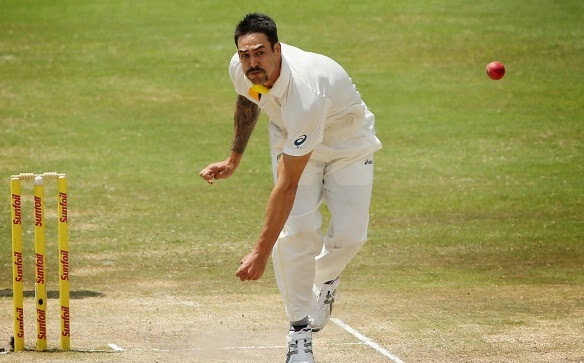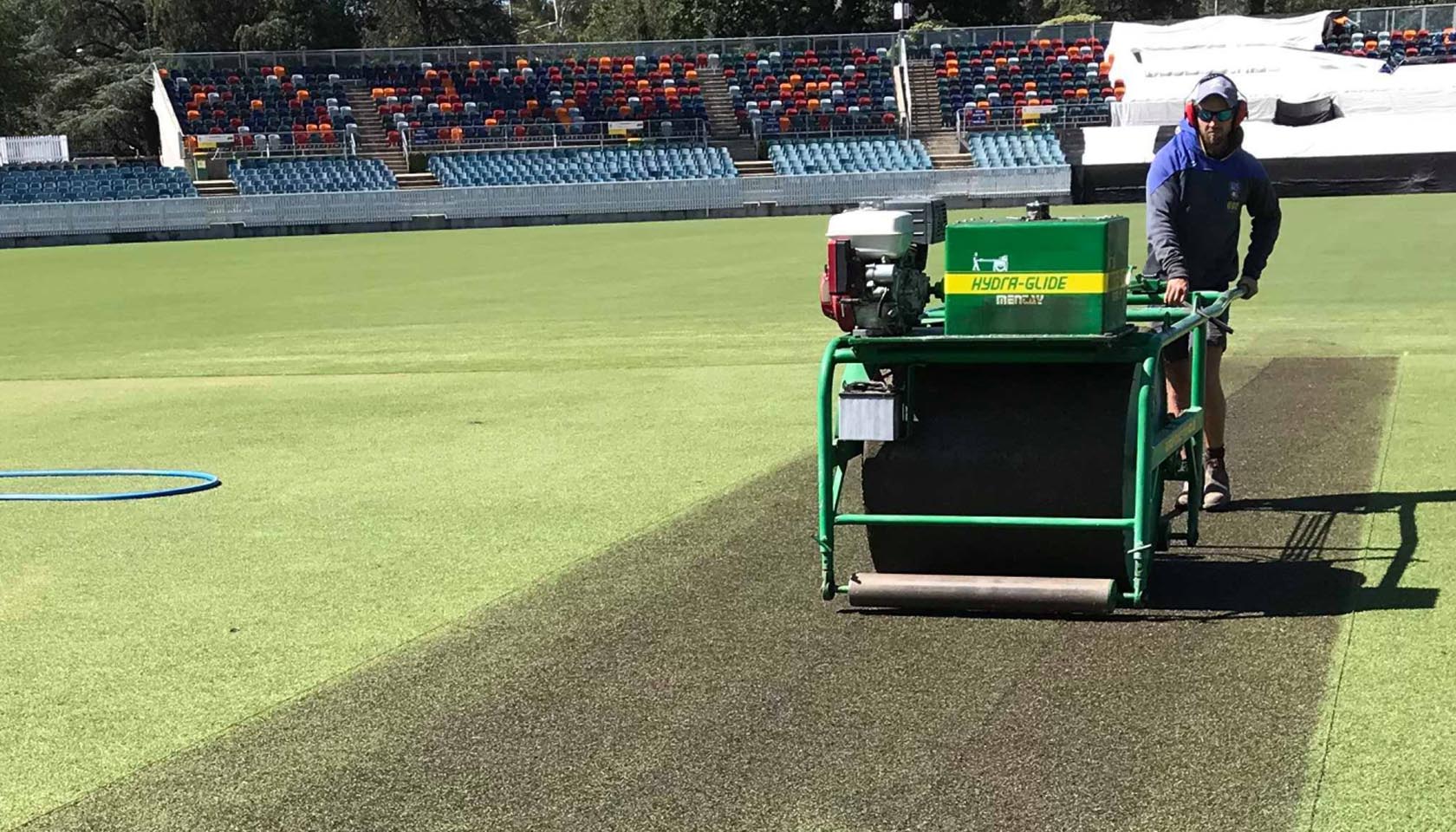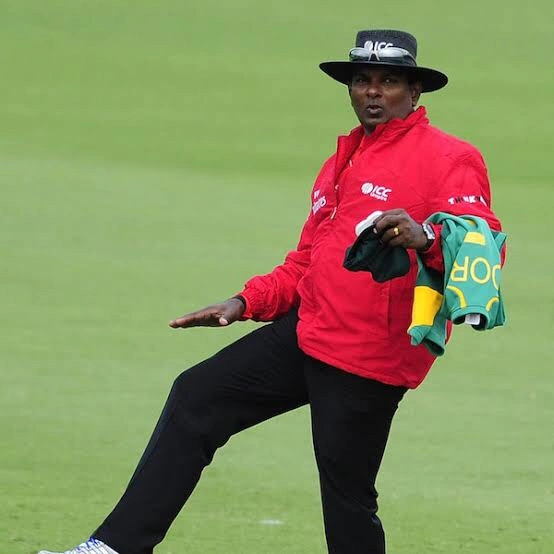17.1 Number of Balls
Each end shall alternate in bowling the ball in sets of 6 balls.
17.2 Start of an Over
An over begins when the bowler commences their run-up or, if there is no run-up, begins their action for the first delivery of that over.
17.3 Validity of Balls
17.3.1 A ball will not be considered one of the 6 balls of the over unless it is delivered, even though, as in Law 38.3 (Non-striker leaving the crease early), a batter may be dismissed or some other incident occurs without the ball being delivered.
17.3.2 A ball delivered by the bowler will not count as one of the 6 balls of the over:
17.3.2.1 If the umpire declares it dead or considers it dead before the striker has a chance to play it. Refer to Law 20.7 (Dead ball; ball counting as one of the overs).
17.3.2.2 If the umpire declares it dead under the circumstances outlined in Law 20.4.2.6. Note also the special provisions of Law 20.4.2.5 (Umpire calling and signaling Dead ball).
17.3.2.3 If it is a No ball. Refer to Law 21 (No ball).
17.3.2.4 If it is a Wide. Refer to Law 22 (Wide ball).
17.3.2.5 When applying any of Laws 24.4 (Player returning without permission), 28.2 (Fielding the ball), 41.4 (Deliberate attempt to distract the striker), or 41.5 (Deliberate distraction, deception, or obstruction of a batter).
17.3.3 Valid balls include only deliveries listed in 17.3.1 and 17.3.2. Only valid balls will count towards the 6 balls of the over.
17.4 Call of Over
Once the bowler has bowled 6 valid balls and the ball becomes dead, the umpire calls “Over” before leaving the wicket. Refer also to Law 20.3 (Call of Over or Time).
17.5 Umpire Miscounting
17.5.1 If the umpire miscounts the number of valid balls, the count by the umpire will stand.
17.5.2 If, after miscounting, umpire allows an over to continue after 6 valid balls have been bowled, they may subsequently call “Over” when the ball becomes dead after any delivery, even if that delivery is not a valid ball.
17.6 Bowler Changing Ends
A bowler can switch ends as often as desired, provided they do not bowl two overs consecutively or bowl parts of each of two consecutive overs in the same innings.
17.7 Finishing an Over
17.7.1 Except at the end of an innings, a bowler must complete an over in progress unless incapacitated or suspended under any of the Laws.
17.7.2 If, for any reason other than the end of an innings, play resumes with an unfinished over, the players must complete that over.
17.8 Bowler Incapacitated or Suspended During an Over
If a bowler is unable to continue while running up to deliver first ball of an over or during an over, umpire will declare and signal “Dead ball.” If a bowler is incapacitated or suspended during an over, another bowler from same end will complete the over, provided they do not bowl two overs consecutively or bowl parts of each of two consecutive overs in that innings.



